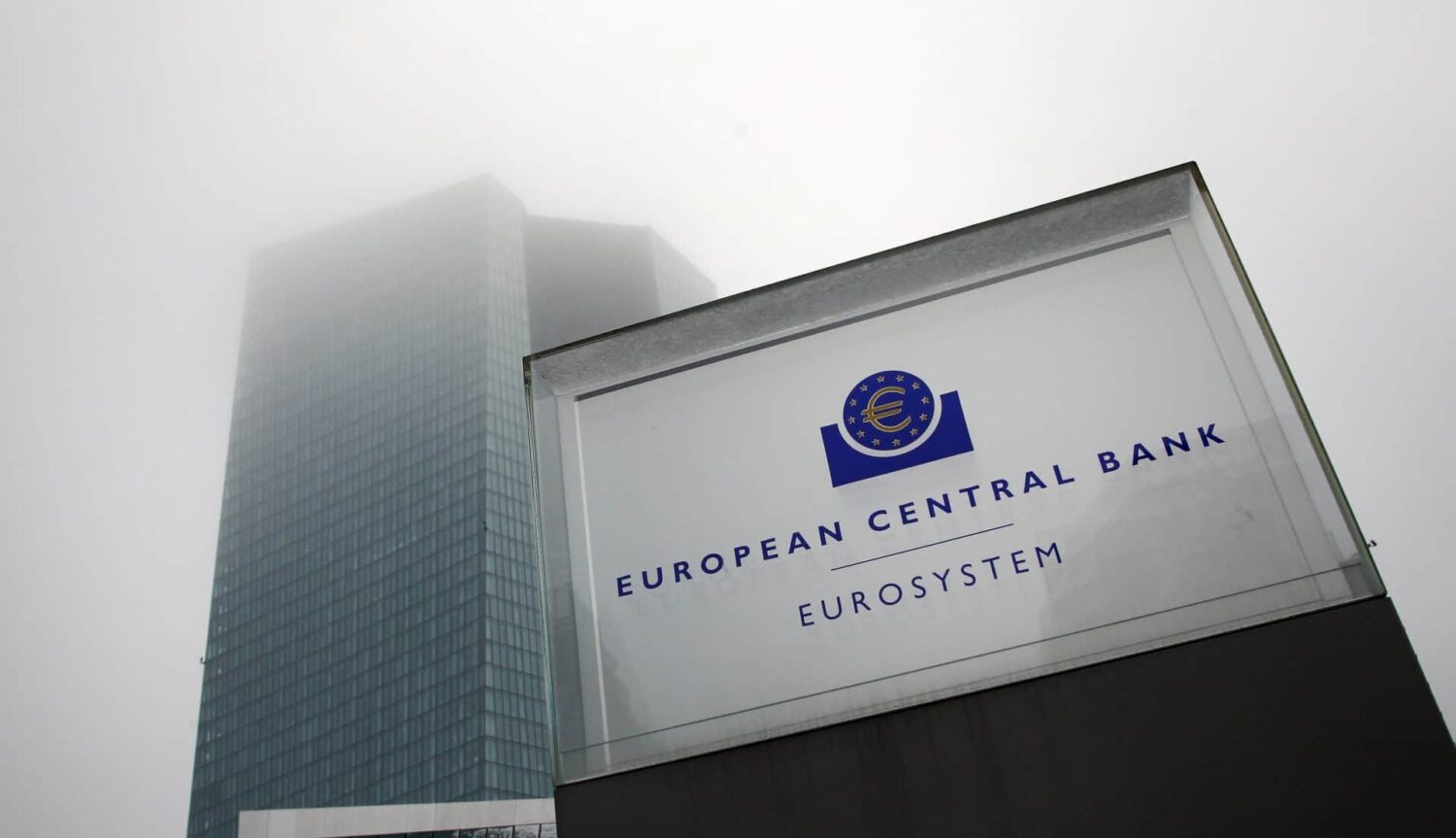BERLIN, GERMANY – The eurozone will experience “very strong” growth in wages in the next months as salaries catch up with galloping inflation, the European Central Bank predicted on Monday.
“Wage growth over the next few quarters is expected to be very strong compared with historical patterns”, the ECB wrote in its monthly bulletin.
The authors forecasted “some catch-up between wages and high rates of inflation” experienced since 2021, in the wake of the COVID-19 pandemic.
“Robust labor markets” alongside “increases in national minimum wages” and “trade unions demand(ing) higher wage increases” are also set to place upward pressure on wages.
In December, inflation in the eurozone dipped under the symbolic figure of 10 percent, after 18 months of uninterrupted increase.
However, the report explained that “real wages are substantially lower than before the pandemic” in 2019 because inflation has eroded consumption power, with the annual wage growth rate for the second quarter of 2022 in the eurozone at -5.2 percent.
The services sector, which is experiencing “serious labor shortages” has bucked this trend, with pay “above their pre-pandemic levels”.
Trade unions are expected to push for salary increases “especially in sectors with lower wages”.
In Germany, the Verdi trade union has demanded a 15 percent increase in wages for the approximately 160,000 employees of the mail giant Deutsche Post, and 10.5 percent for the 2.5 million federal, state and municipal employees.
The healthy job market looks set to guide further wage increases, despite a likely slowdown in economic growth.
In December, the ECB predicted wages would rise by 5.2 percent in 2023 after having already grown 4.5 percent in 2022.
ECB vice president Luis de Guindos forecasted wage increases would not lead to a “wage-price spiral”, but noted the ECB needed to tread carefully regarding inflation expectations.
In the longer term, the ECB indicated wage growth would face further barriers, namely “the expected economic slowdown in the euro area and uncertainty about the economic outlook” due in part to the ongoing war in Ukraine.








